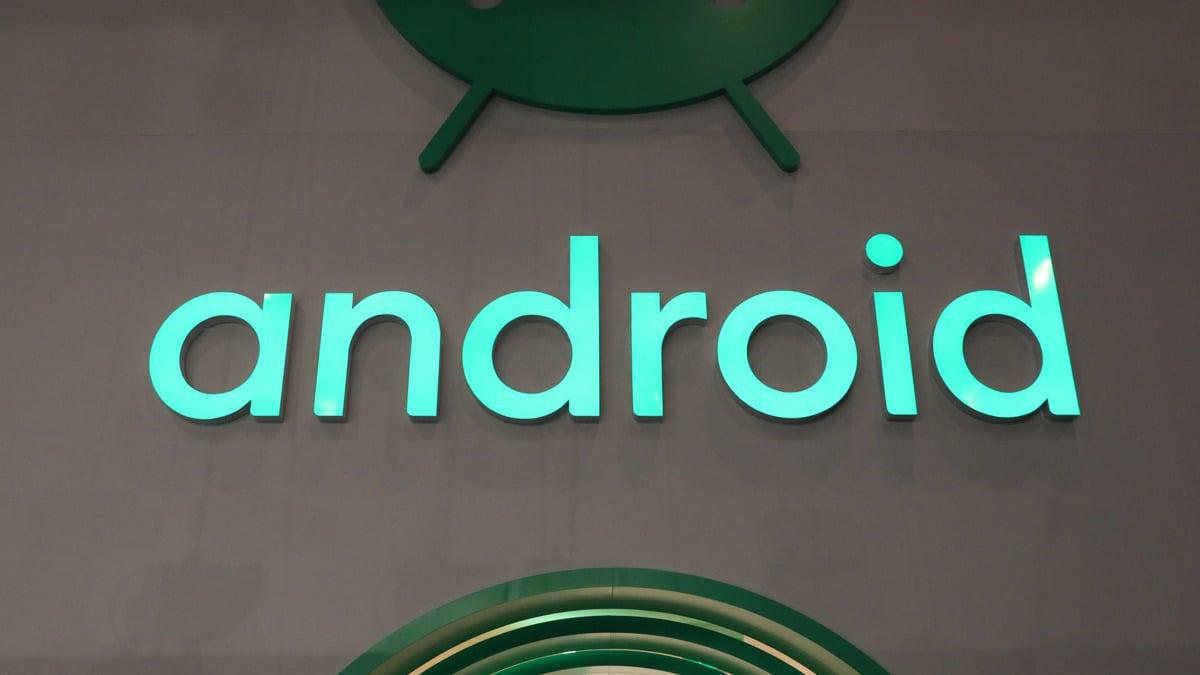Despite Android's presence in nearly every corner of the tech industry, it has yet to truly establish a foothold on PC platforms. Google has had ChromeOS for years, but the ubiquity of Android — paired with its lack of a meaningful foothold in traditional computing — made it clear something had to give.
Now, Google is moving to unify ChromeOS and Android into a single desktop platform, currently operating under the codename "Aluminium OS."
What is Aluminium OS
As far as we know — thanks to reporting from Android Authority — Aluminium OS is the internal codename for Google’s unified Android/ChromeOS desktop platform. The merger was officially announced this past September at Qualcomm’s Snapdragon Summit, although rumors about a ChromeOS–Android convergence had been circulating for at least a year.
Recommended deals for you
Apple AirPods Pro 3 Noise Cancelling Heart Rate Wireless Earbuds — $219.99 (List Price $249.00)
Apple iPad 11" 128GB Wi-Fi Retina Tablet (Blue, 2025 Release) — $274.00 (List Price $349.00)
Amazon Fire HD 10 32GB Tablet (2023 Release, Black) — $69.99 (List Price $139.99)
Sony WH-1000XM5 Wireless Noise Canceling Headphones — $248.00 (List Price $399.99)
Blink Outdoor 4 1080p Security Camera (5-Pack) — $159.99 (List Price $399.99)
Fire TV Stick 4K Streaming Device With Remote (2023 Model) — $24.99 (List Price $49.99)
Bose Quiet Comfort Ultra Wireless Noise Cancelling Headphones — $298.00 (List Price $429.00)
Shark AV2511AE AI Robot Vacuum With XL Self-Empty Base — $249.99 (List Price $599.00)
Apple Watch Series 11 (GPS, 42mm, S/M Black Sport Band) — $339.00 (List Price $399.00)
WD 6TB My Passport USB 3.0 Portable External Hard Drive — $134.99 (List Price $179.99)
Products available for purchase through affiliate links. If you buy something through links on our site, Mashable may earn an affiliate commission.
In that September announcement, Google stated that it would be partnering with Qualcomm to develop a new platform that integrates mobile and desktop computing, powered by the latest advancements in AI.
Mashable Light Speed
The name "Aluminium OS" comes from a tip shared with Android Authority, which led the outlet to a now-deleted Google job listing for a Senior Product Manager in Taipei City, Taiwan. Luckily, Archive.today captured the posting before it disappeared. In it, Google states it is "working on a new Aluminium, Android-based, operating system” and that “Aluminium is a new operating system built with Artificial Intelligence (AI) at the core."
The role also mentions "driving the roadmap and curating a portfolio of ChromeOS and Aluminium Operating System (ALOS) commercial devices across all form factors (e.g. laptops, detachables, tablets, and boxes)." In other words, Aluminium OS won’t be limited to laptops. Tablets and so-called "boxes" — which Android Authority interprets as budget-style machines, such as Chromebooks or even Mac Mini–style devices — are also part of the plan.
Still, many questions remain: Is ChromeOS getting sunset? Which Gemini features will be introduced to Android on PC? What’s the release date? What devices will be supported? Will existing Chromebooks receive the upgrade?
For now, the clearest thing we have is the codename — a glimpse at Google’s upcoming AI-powered Android experience for PCs, one that’s poised to expand well beyond budget laptops.



